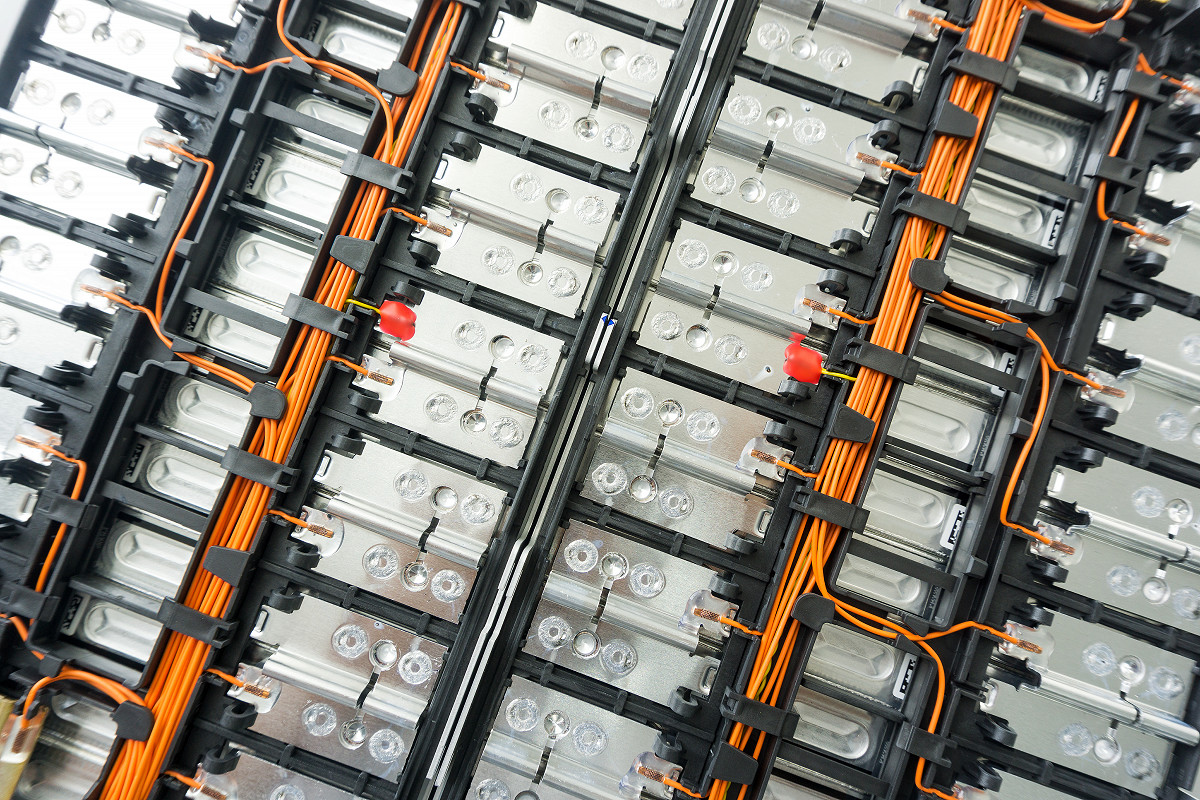
Coverage of this story was originally published in i News.
The UK is in danger of falling behind other countries if the Government fails to invest significantly more into gigafactories and fuel cell technology, says a new report from the Institute for Prosperity.
The research paper, entitled Decarbonising the Economy: The Role of Batteries, was authored by Professor Stephen Pollock, an Advisory Board member at JMI and a member of the House of Lords Science and Technology Committee. It outlines the UK’s future energy requirements and highlights current spending gaps as it ramps up to its 2050 net-zero target.
The report highlights that while many of the world’s major economies are constructing gigafactories for the manufacture of batteries to meet the demand for electric vehicles, the UK is far behind its competition. China plans to have 149 gigafactories by 2030, the EU 19 and the USA 12, but for the UK this number is only 2. Data from the Faraday Institute predicts that the UK will need at least 8 gigafactories by 2040, so they are already falling short of other similar nations.
The report also notes that the UK Government has invested significantly less in fuel cells in comparison to batteries. This is despite the contribution that fuel cells will play in ‘greening the grid’. The UK Government has devoted around £250 million to fuel cells, whereas the German Government has earmarked as much as £9 billion for the support of a hydrogen economy.
The report also warns that if the UK fails to ramp up its investment in fuel cells, it will lack both the capacity for generating hydrogen and the infrastructure for its transport and storage when compared to the other major economies. By 2030, UK low carbon hydrogen production capacity should reach 5GW, which is only a small fraction of the current generating capacity of the UK electricity sector, which stands at 75.8GW.
Founded in 2020, the Institute for Prosperity is a cross-party think-tank aimed at making the case for reviving manufacturing and increasing rates of economic growth in the UK. Last year, JMI published Manufacturing Unlocked, a manifesto aimed at ensuring that manufacturing makes up 15 percent of UK GDP. Its policy proposals included action to tackle energy costs, incentivising investment in R&D, and taking action on the exchange rate to make exporting more profitable.
Professor Stephen Pollock, the author of the report, said: “As the worldwide economy moves away from carbon production, a serious, concerted effort needs to be made by every country to ensure net zero is a real possibility. This effort is not currently being made by the UK.”
“If the Government does not change its strategy and continues to invest comparatively meagre amounts into fuel cell technology and battery production, then we are in danger of falling far behind our competitors.”
John Mills, the founder of the Institute for Prosperity, said: “This report is an important intervention into the debate around battery storage and low-carbon electricity production. While these are fledgling industries, they will determine the makeup of the UK economy for the next three decades and beyond, so the Government must invest wisely to secure our future on the world stage.”
